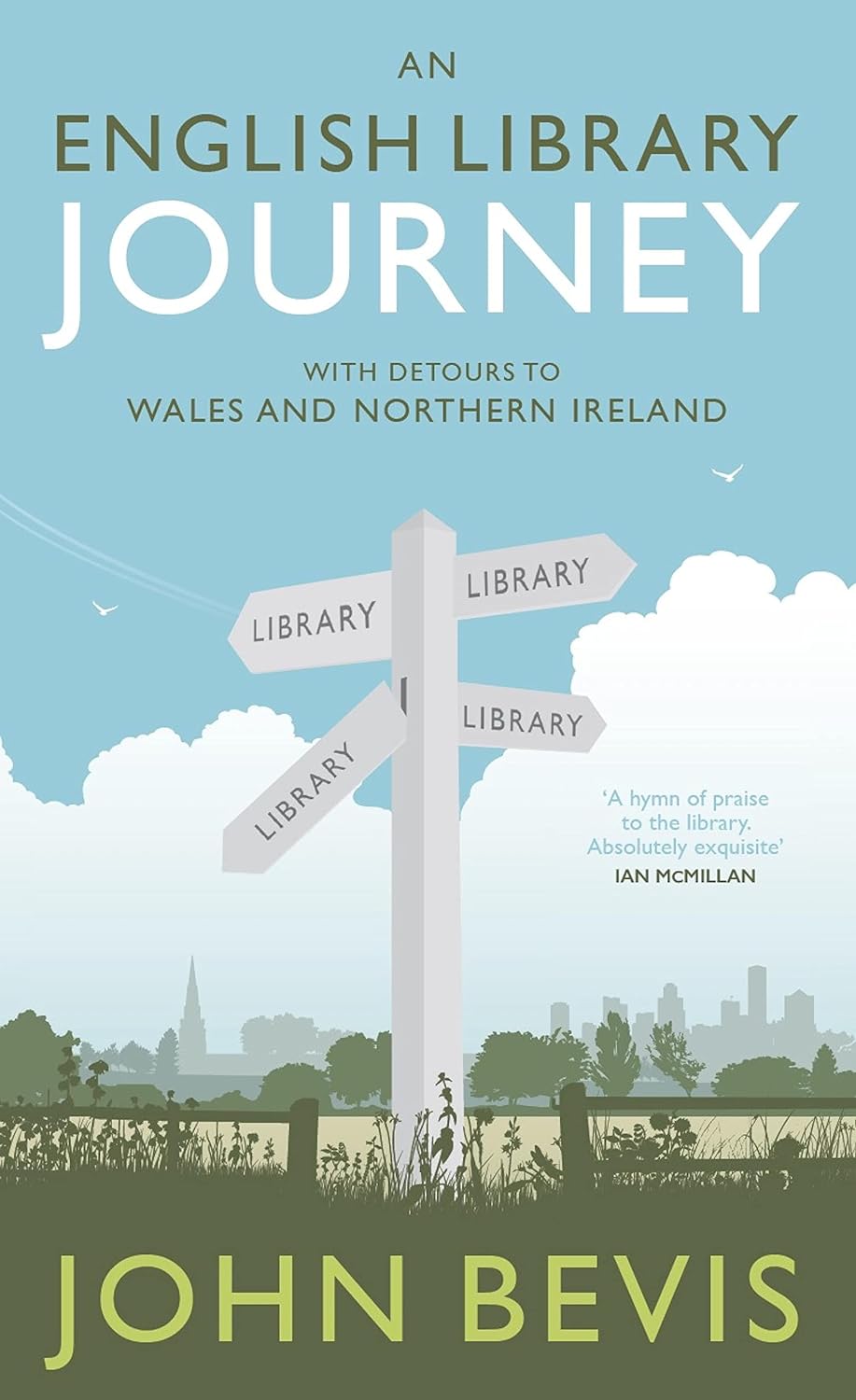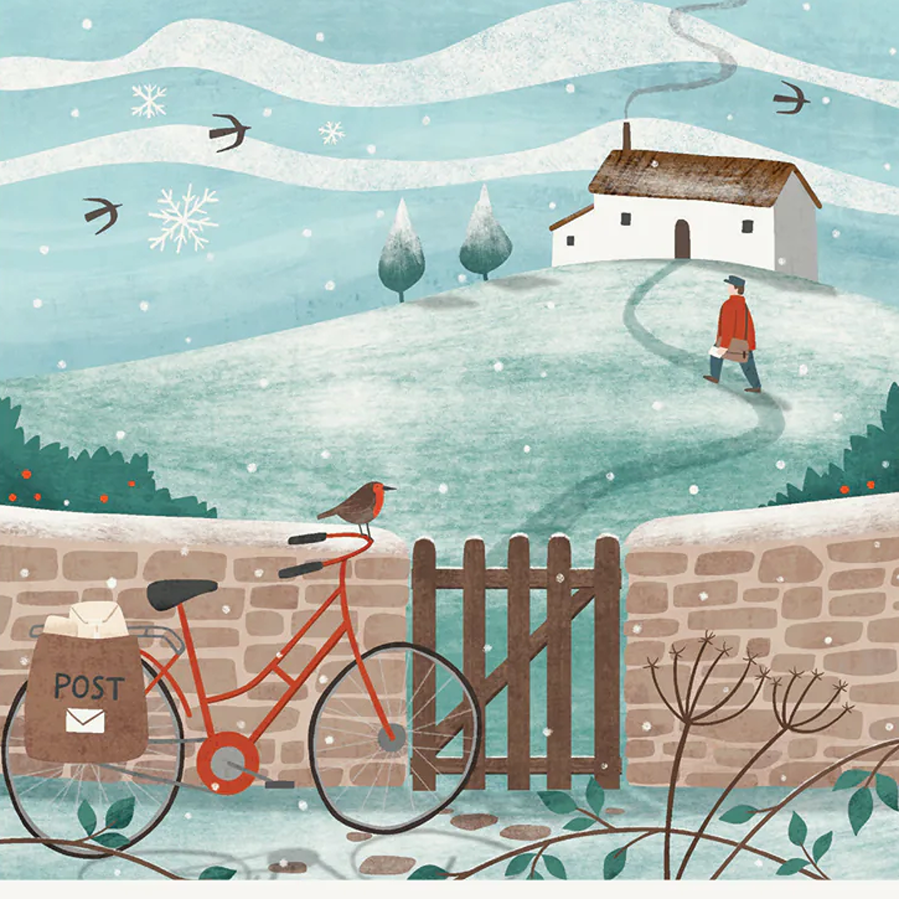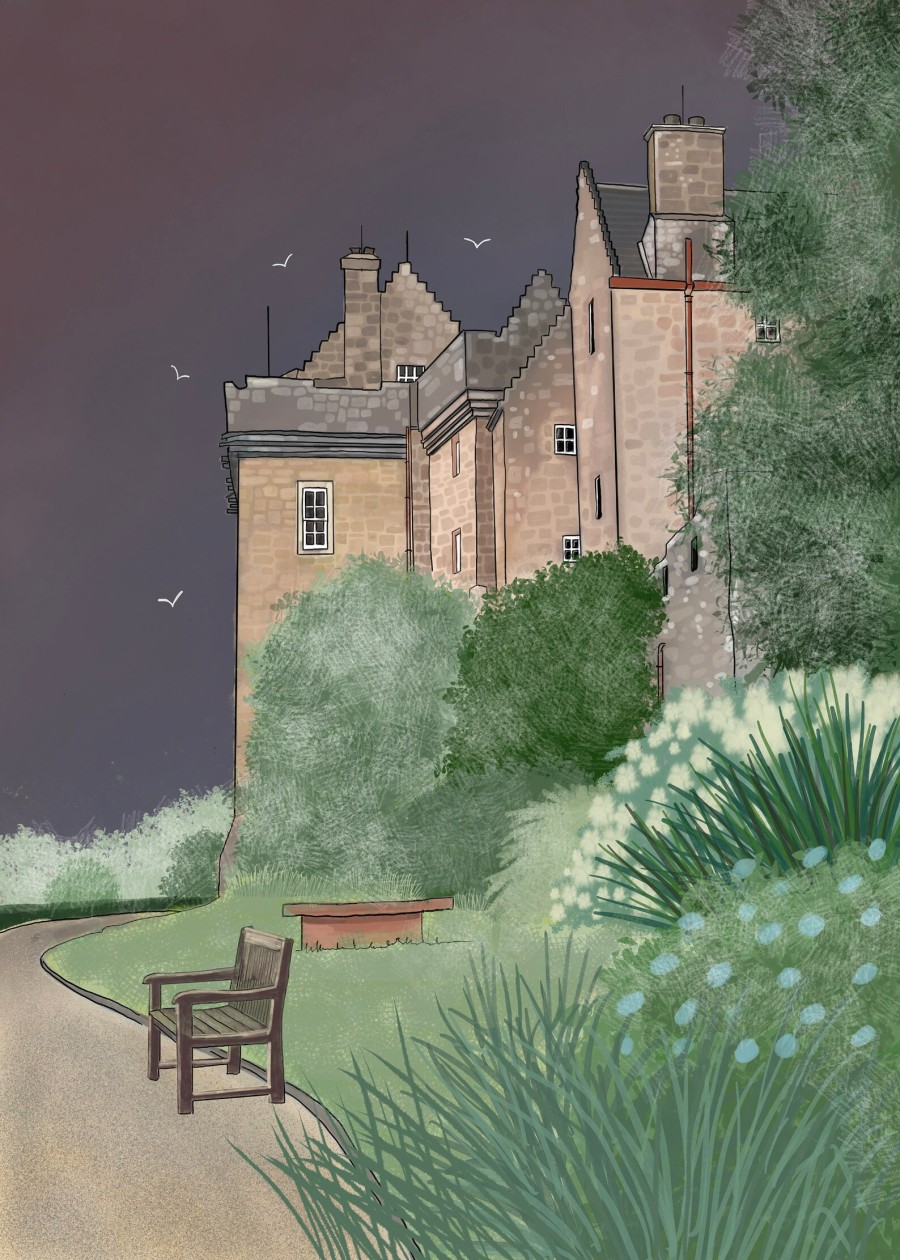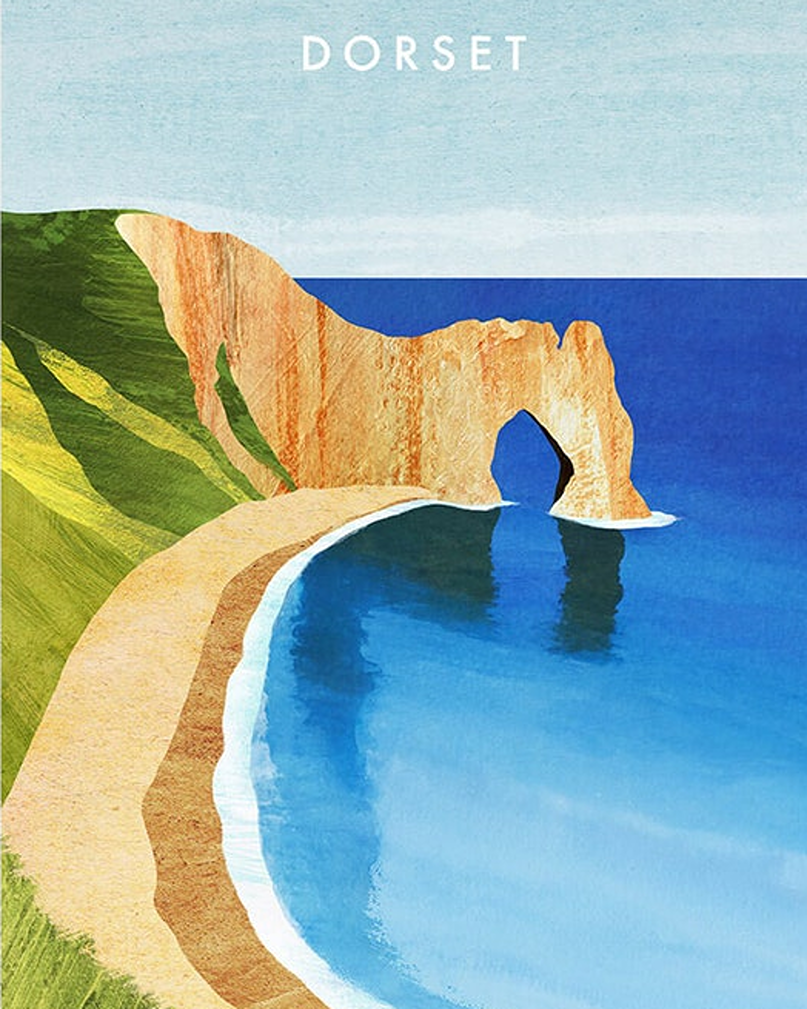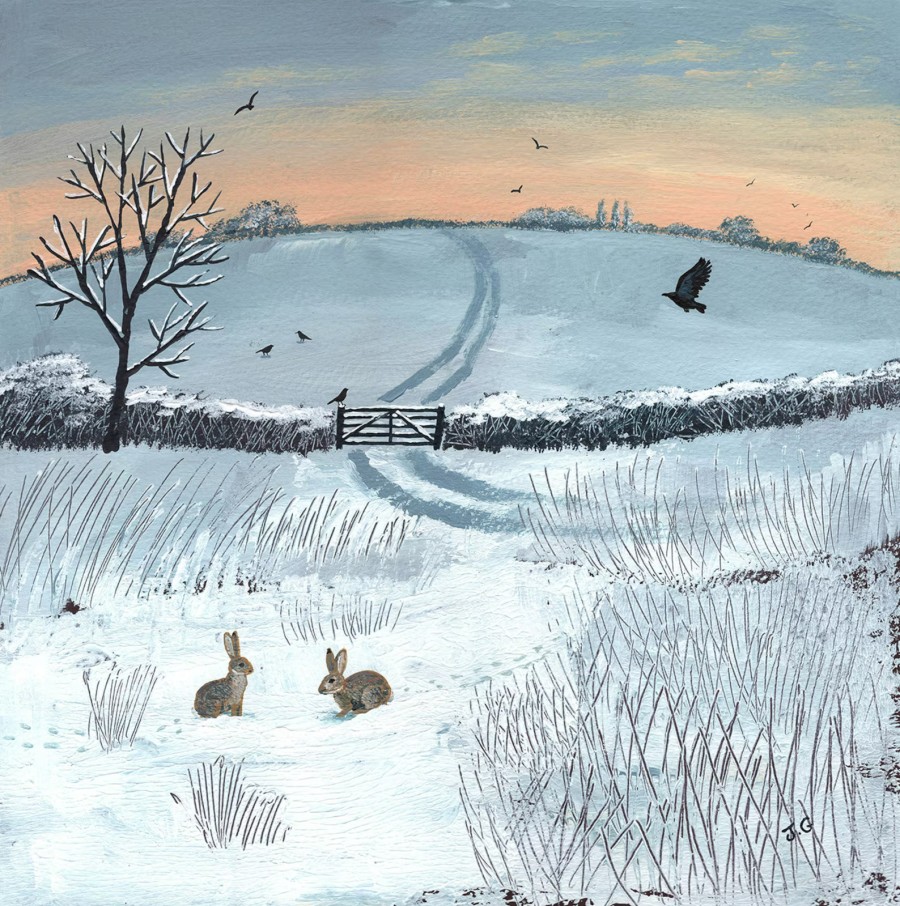
Piped music or ‘muzak’ as it’s sometimes called is literally making people go crazy. We are already in a mental health epidemic, and World Health Organisation estimates around 360 million people worldwide are deaf, with another 1 billion or more at risk. One in 6 people in the UK alone have hearing loss of some kind. Often due to natural causes, but many times due to listening to music that’s too loud, for a lot of the time.
Obviously that’s your choice (as long as you are not disturbing other people). But piped music gives us no choice to enjoy a bit of peace and quiet. Supermarkets blast out music (especially local Co-op stores) and just offer the occasional ‘quiet hour’ as if they are doing us a favour. But often people who use local ‘small supermarkets’ are elderly people who don’t want to have the latest chart hits blasting into their eardrums, when they pop in to buy a loaf of bread.
I have left shops – unable to purchase the object of my desire. Because of hellish piped music. Joanna Lumley
So why do they do it? One suspects it’s to make people stressed so they buy more (similar to why fast food chains paint their shops in red and yellow). Pubs often play loud music for ‘vertical drinking’ (too loud to have a conversation, so punters just drink more while standing up).
Pipedown is the charity campaigning to ban piped music from stores (with some success). As well as being concerned with young people who have ‘safe unlistening habits’ on headphones, it’s also campaigning against leafblowers (often two hours of operation can hit 90 decibels and cause permanent hearing loss, even to neighbours). Leaf blowers also are very polluting to humans, pets and wildlife.
SoundPrint is an app that lets you find quiet places. Created by a New Yorker with hearing loss (who could not hear what his dates were saying, whey they met up), he began to share his list of Quiet Corners with others, and now it’s used worldwide to find ‘thumbs-up’ places where you can hear yourself think. Places recommended can still have (low) music but don’t have espresso machines that stop you talking, nor noise levels that give you a headache. You can use the app to measure the decibel level of where you’re visiting, then post your reviews online for a public databse to compare.
Decibel levels at London restaurants can be so high, that you might as well be eating your dinner next to a bin lorry. Pipedown
trying to remove piped music from hospitals
Dr David Oliver writes in British Medical Journal that noise pollution in hospitals is now at an alarming rate. Nonstop noise (especially in shared wards) is not just annoying, but also means it takes longer for patients to get better, which creates more ‘bed-blocking’. It’s also not good for tired and stressed medical staff. Years ago, hospitals were quiet places of rest, with perhaps (optional) hospital radio. When this doctor turned off the radio to talk to patients, nearly all asked him to leave it switched off.
Other sources of hospital noise are beeping alarms and call buttons, even the noise of rattling trolleys and metal bins can drive people half-insane, when they are trying to recover. It would be far better to create quiet wards with ‘healing spaces’ for patients to recover, looking out over hospital gardens. Read more on better town planning for healthy residents.
Two men are recovering in hospital, separated by a curtain. The first patient has a window and describes daily to his friend the beautiful natural views, which helps him to heal. One day the nurse tells him the first patient has left. So he asks to move beds, to be near the window. The nurse replies ‘Oh, he did not have a window – anyway, the patient was blind, so would not have been able to see anything anyway’. The blind man obviously knew that healing was to dream of nature, not to listen to piped music!



